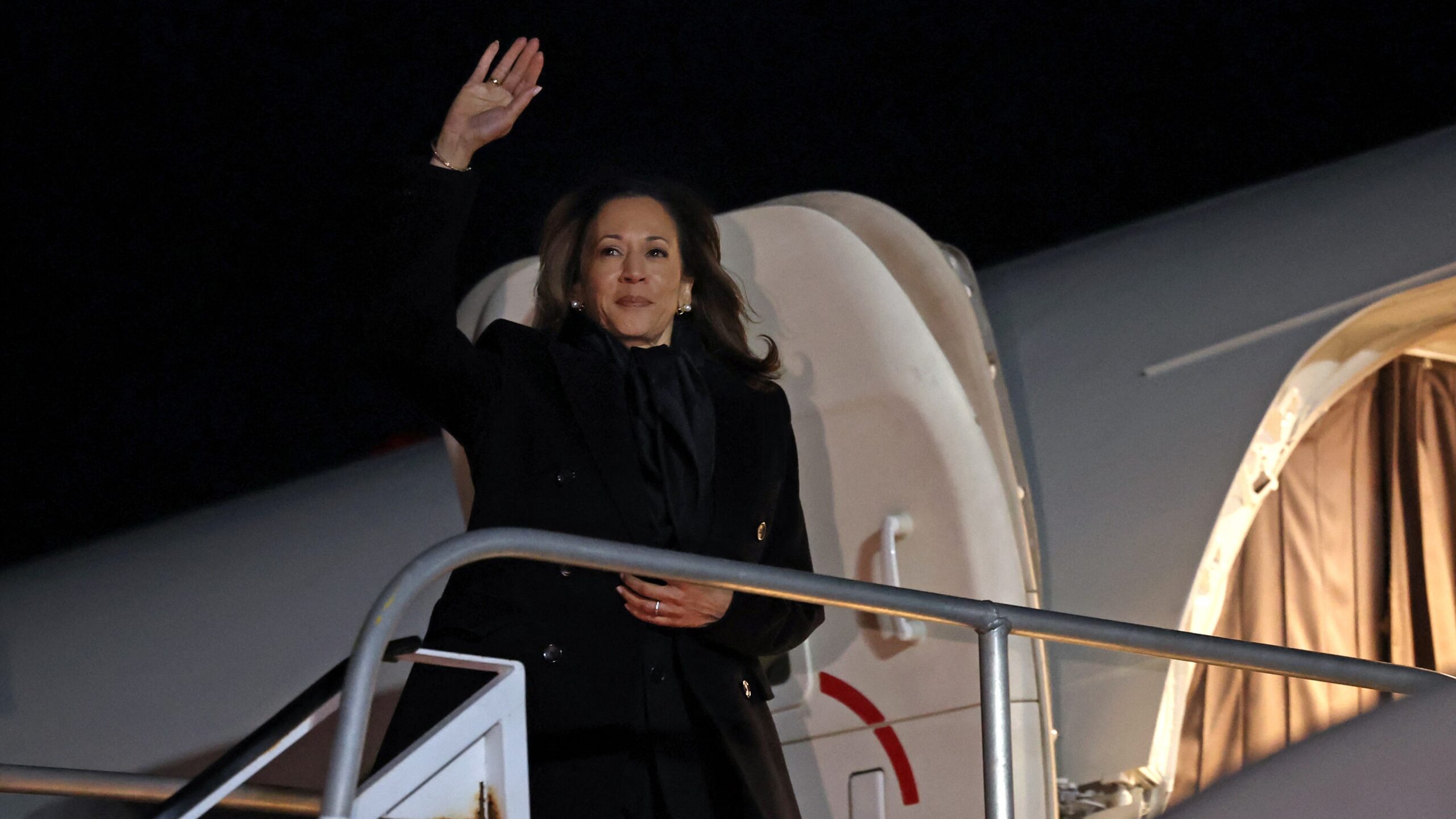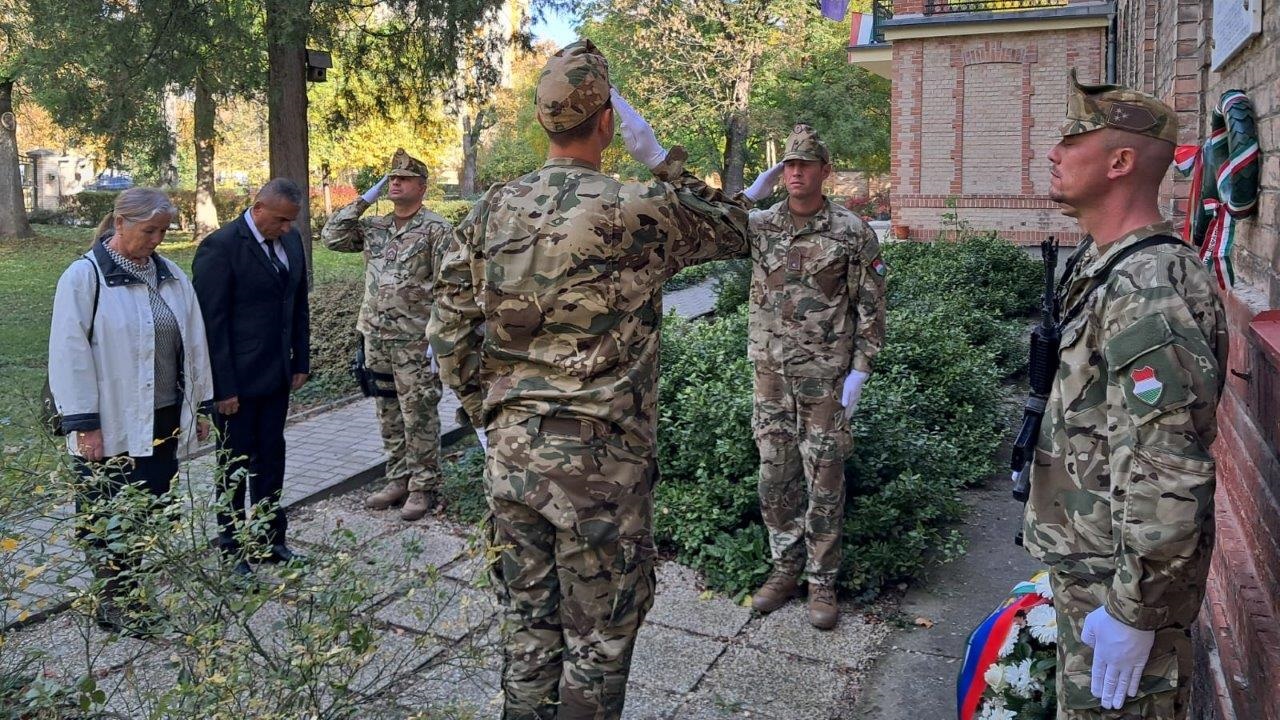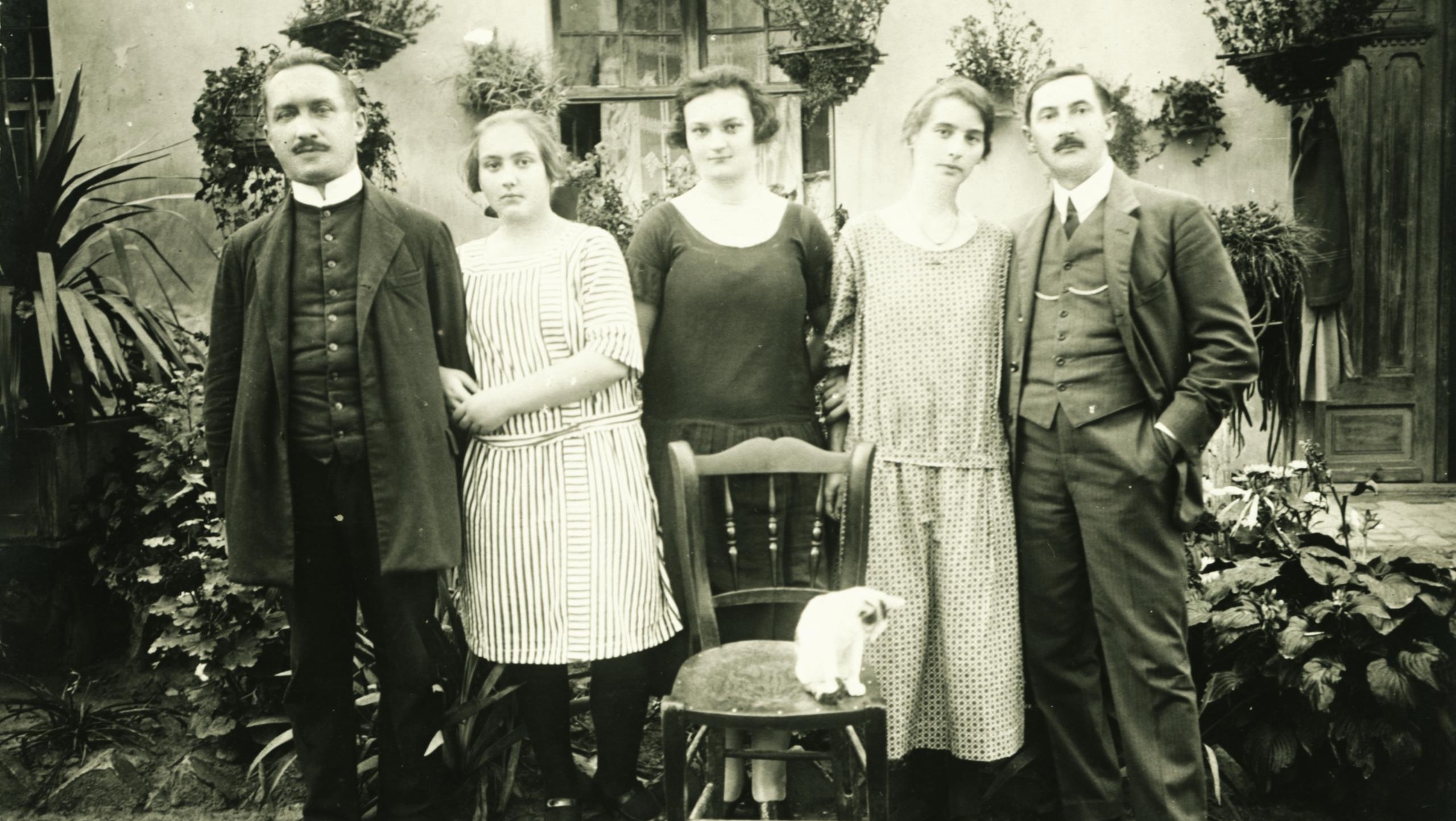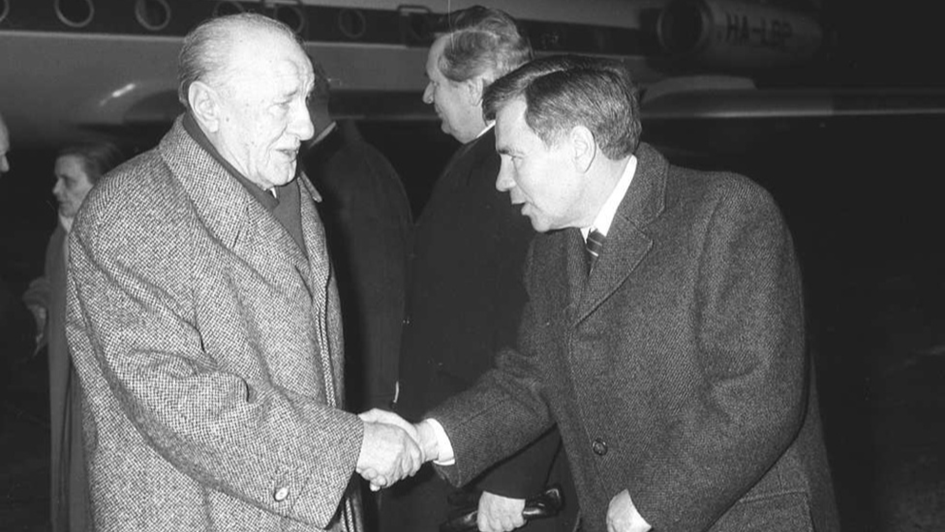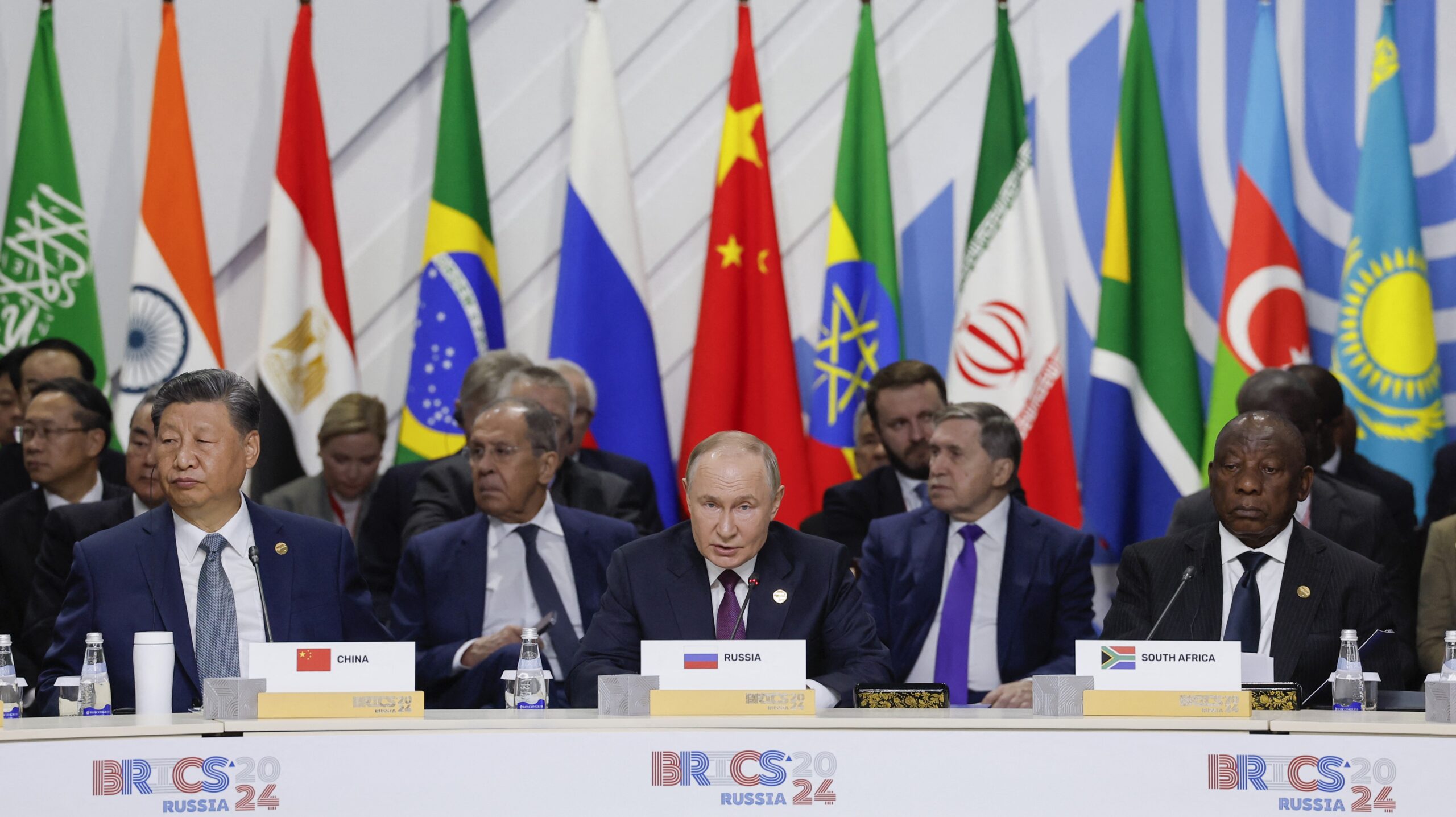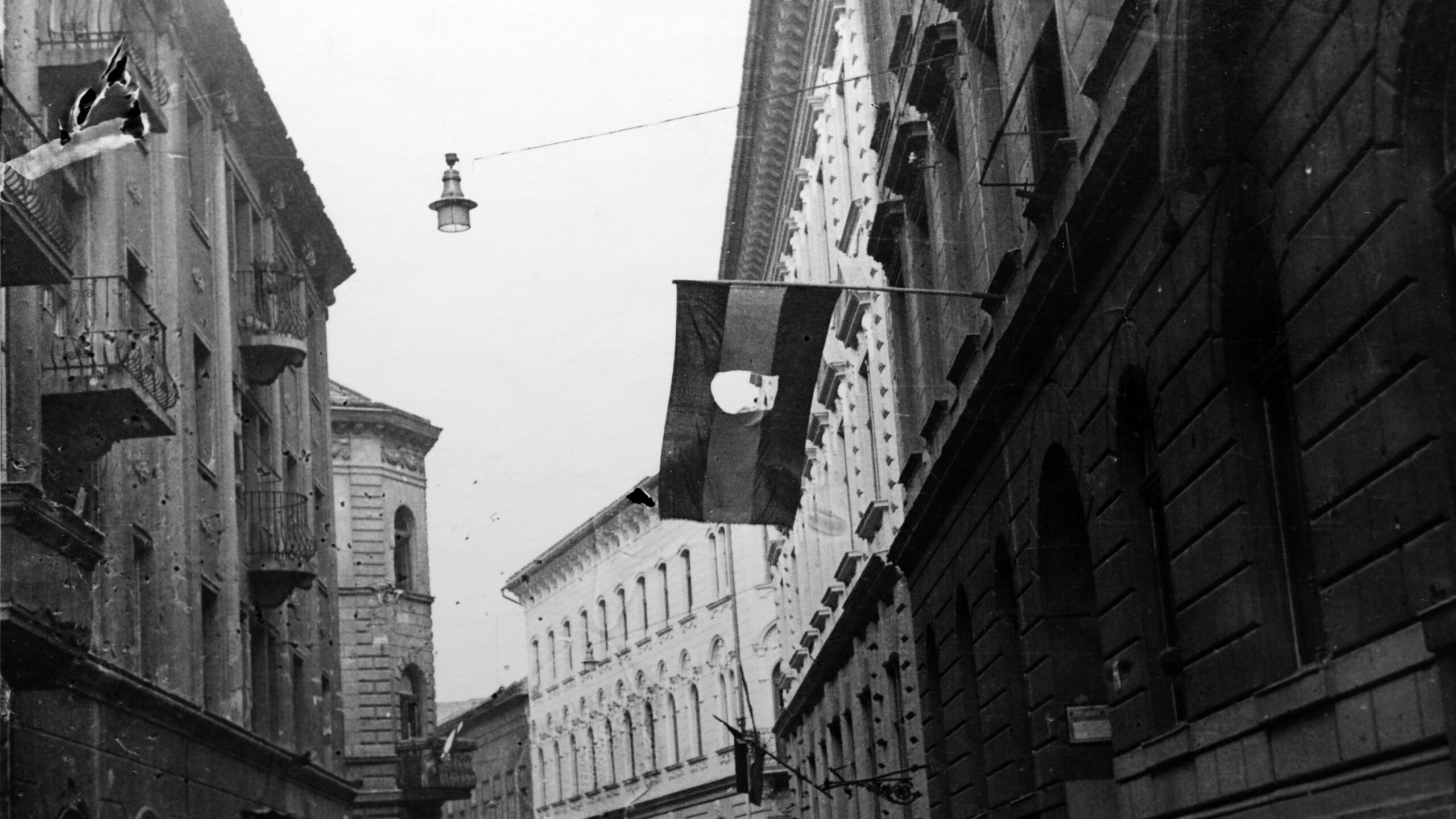
Hungary’s National Day of Mourning Honours 1956 Victims
On 4 November Soviet tanks rolled into the country, sealing the fate of the glorious 1956 Revolution and Freedom Fight. Hungary’s National Day of Mourning, instituted by the second Orbán government and observed nationwide, commemorates the crushing of the uprising, honouring the heroes who fought against the Communist regime and Soviet occupation.

